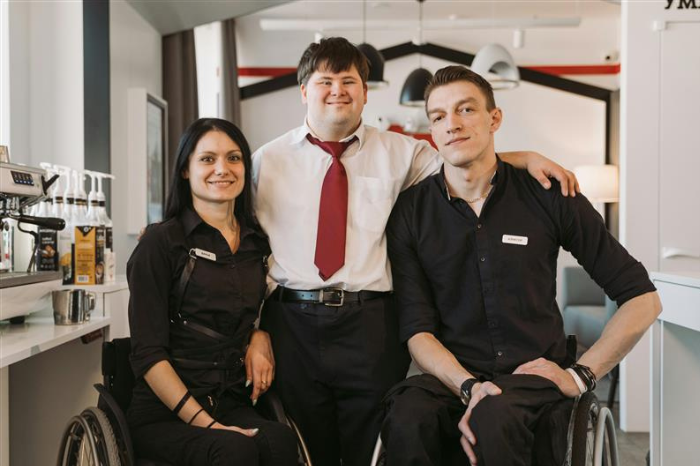
By Briar
This article is part of My Plan Manager’s guest blogger series.
Briar has a number of conditions that aren’t just painful; they see her juggling a never-ending schedule of allied health sessions and doctors’ appointments. Keep reading to find out how she manages the professional care in her life.
As a person with a disability and multiple health conditions, I have a lot of people in my life who provide professional care. I have support workers to come and help with the day-to-day tasks of life. I see a minimum of four allied health professionals each week, and in between all that I see my doctors. Although it seems like a lot of people are involved in my life, I know that they each play a vital role in helping me maintain my health and wellbeing. I know that I wouldn’t be functioning as well as I do, without the support of these people.
However, there are difficulties in having a lot of people involved in your care. You can be forever telling the same story over and over again. It can be challenging keeping everyone in the loop, and remembering who knows what. You’re also dealing with a wide range of opinions, and can be left feeling dazed and confused as to which direction you should take.
“There are difficulties in having a lot of people involved in your care. You can be forever telling the same story over and over again. It can be challenging keeping everyone in the loop, and remembering who knows what.”
Briar
Over the years I’ve tried many different things to manage the ever-growing number of people providing care. Although I don’t necessarily think this is a formula for everyone, here are five tips to help you navigate the complex maze of professional care:
You can read more of Briar’s work on her own blog Strength, Dignity, Hope.
If you are struggling, you are not alone and there is help available. Call any of the following phone numbers to talk to a trained counsellor:
Lifeline 131114
Kids Helpline 1800 551 800
Beyond Blue 1300 224 636
Headspace 1800 0650 890
SANE Australia 1800 187 263
Suicide Call Back Service 1300 659 467
Australian Government Department of Health 24 hour Coronavirus hotline 1800 020 080

Briar has cerebral palsy, two mental health conditions and a number of other medical conditions. She has trained as a social worker, as well as a policy writer but her disabilities have prevented her from developing a career in these fields. Briar hopes her writing can encourage others in a similar position and provide them with useful advice. You can read more of Briar’s work on her own blog Strength, Dignity, Hope.


